
6 minute read
Not a Walking Contradiction
from Tusk Magazine 2021
They say for every awkward silence, a gay baby is born. One awkward silence later, my parents birthed a Somali, bisexual, Muslim woman. For years, I lied about my sexuality because of the Quran’s intolerance of my identity.
I come from a relatively conservative Muslim family, but my siblings and I aren’t as religiously inclined. My parents didn’t force us to wear hijabs, but if one of their daughters brought a white man home, it was like she committed a war crime.
Advertisement
Being gay? We couldn’t a ord to have such a thought.
But I had so many of those.

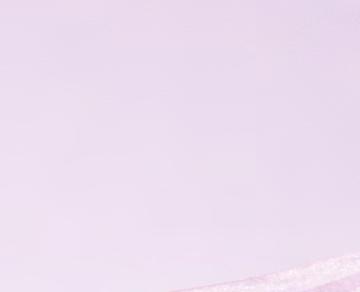
Lut, the nephew of Prophet Ibrahim (Abraham) who was sent to the city of Sodom and Gomorrah to preach to its inhabitants. In this city, men would have sex with each other, rape women, drink alcohol, and participate in many unlawful acts.
When the inhabitants ignored Lut’s pleas, the city was destroyed. This was a warning against homosexuality and other acts. Thoughts of engaging in romantic or sexual relations with the same gender is OK, but it is not permissible to act upon those attractions.
Allah (God) is most loving — at least that’s what the Quran teaches. It teaches us that Allah is merciful, and that marginalized and oppressed people should be protected. It promotes peace and unity.
Because of this, I felt like a walking contradiction for a long time.


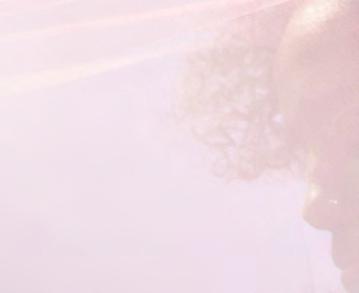
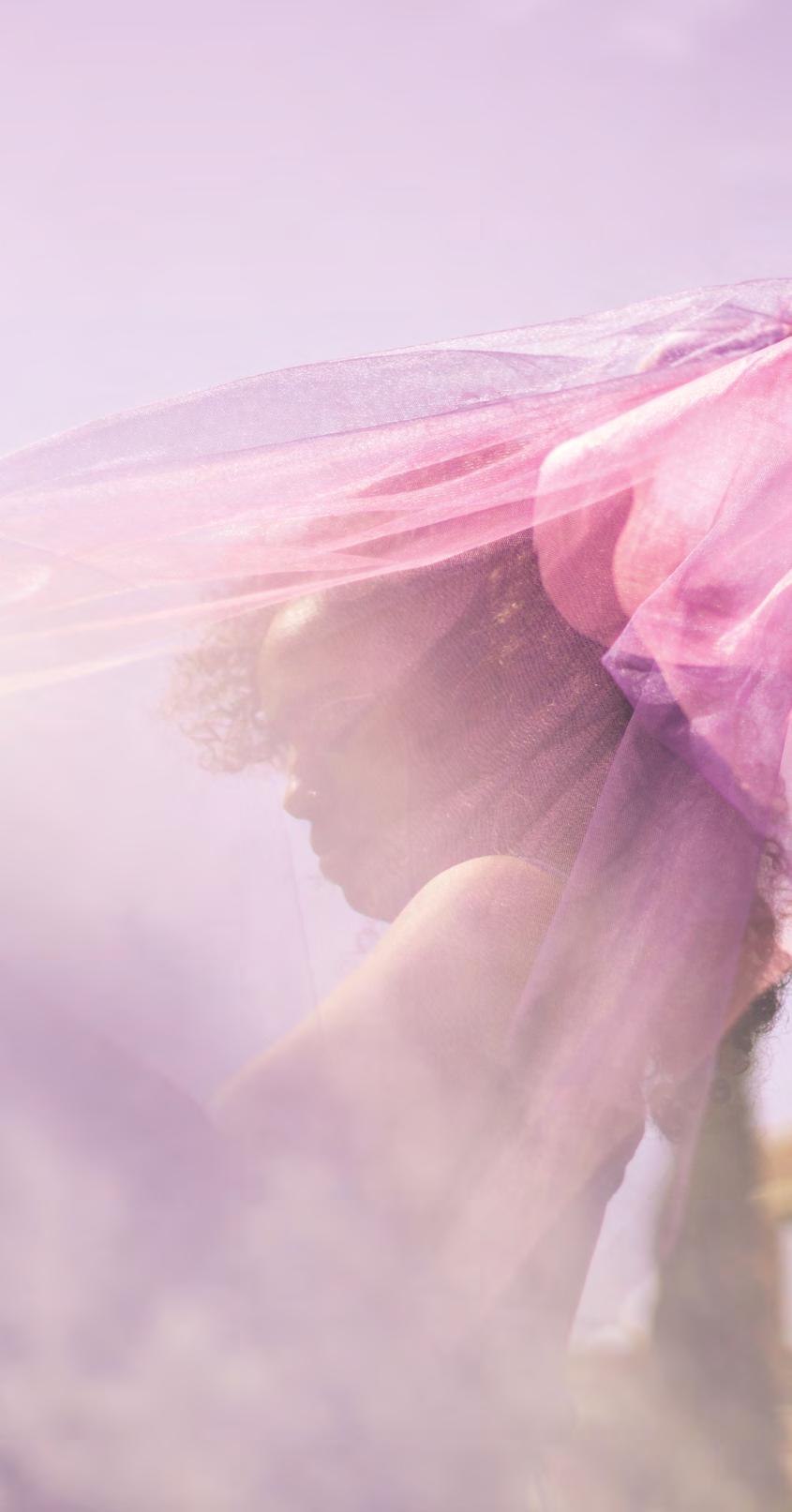
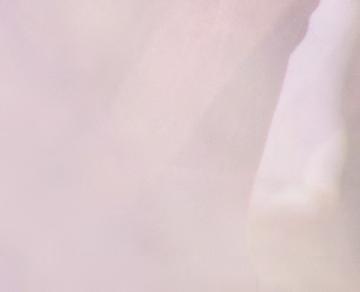

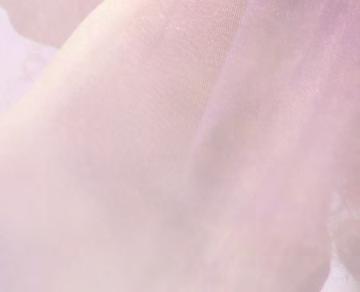
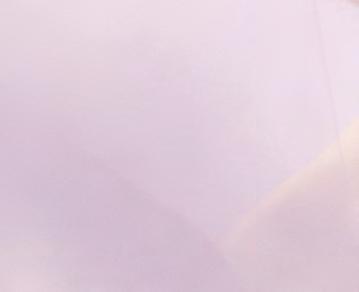
Childhood
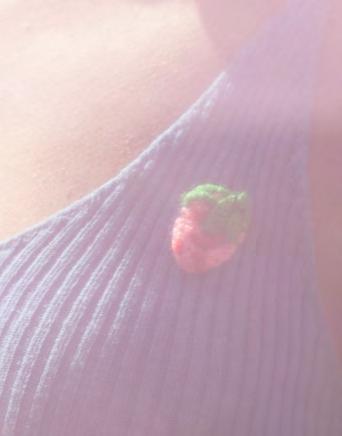
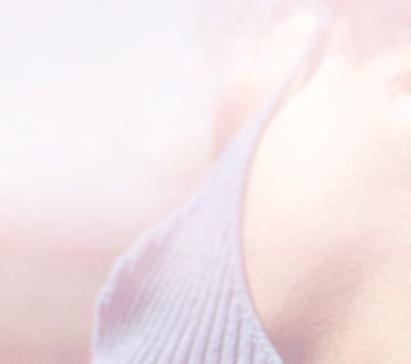
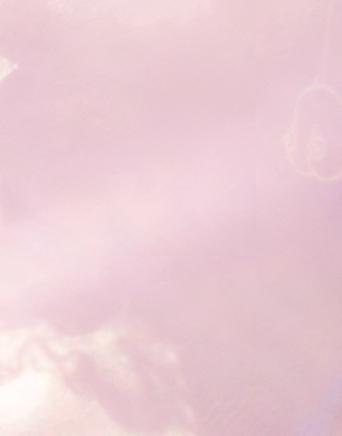
I was eight when I had my fi rst experience with a girl.
Elizabeth was seven. She was Bart Drive’s resident sweetheart who stole the heart of every boy in Southeast Nashville. None of the boys wanted me, but that was OK because Elizabeth was my neighbor and best friend.
I spent the night at Elizabeth’s house every weekend when I had the chance. My mother didn’t mind because I was only a house away. Elizabeth had bunk beds, and I always took the bottom one.
It became routine for me to sneak up to the top bunk and lay with her. Most nights we would sit in silence, not knowing how either one of us arrived to this point. In our silence, we found that our hands did most of the talking. We would caress each other — arms, legs, butt — nothing more.
Even in our naivety, we understood that this was our little secret. We weren’t aware of the concept of queerness, but we acknowledged that our movements would never leave the confi nes of her room.
The seeds of my “wrongdoings” had been sown.
I credit my impending transition to adolescence as the reason why I distanced myself from Elizabeth. The guilt was all-encompassing. I was worried that my distance would be perceived as intentional apathy or malicious ghosting, but Elizabeth wouldn’t understand.
It would be hopeless to explain to a 7-year-old girl how my rumination about Sodom and Gomorrah’s story made me question my entire being.
I can’t remember when our rendezvous ended. Elizabeth moved away, but our secret meetings ceased before that. As someone who was never a orded a “coming out” story, Elizabeth will always be my gay awakening. Adolescence

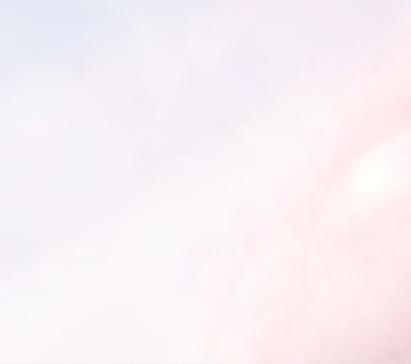
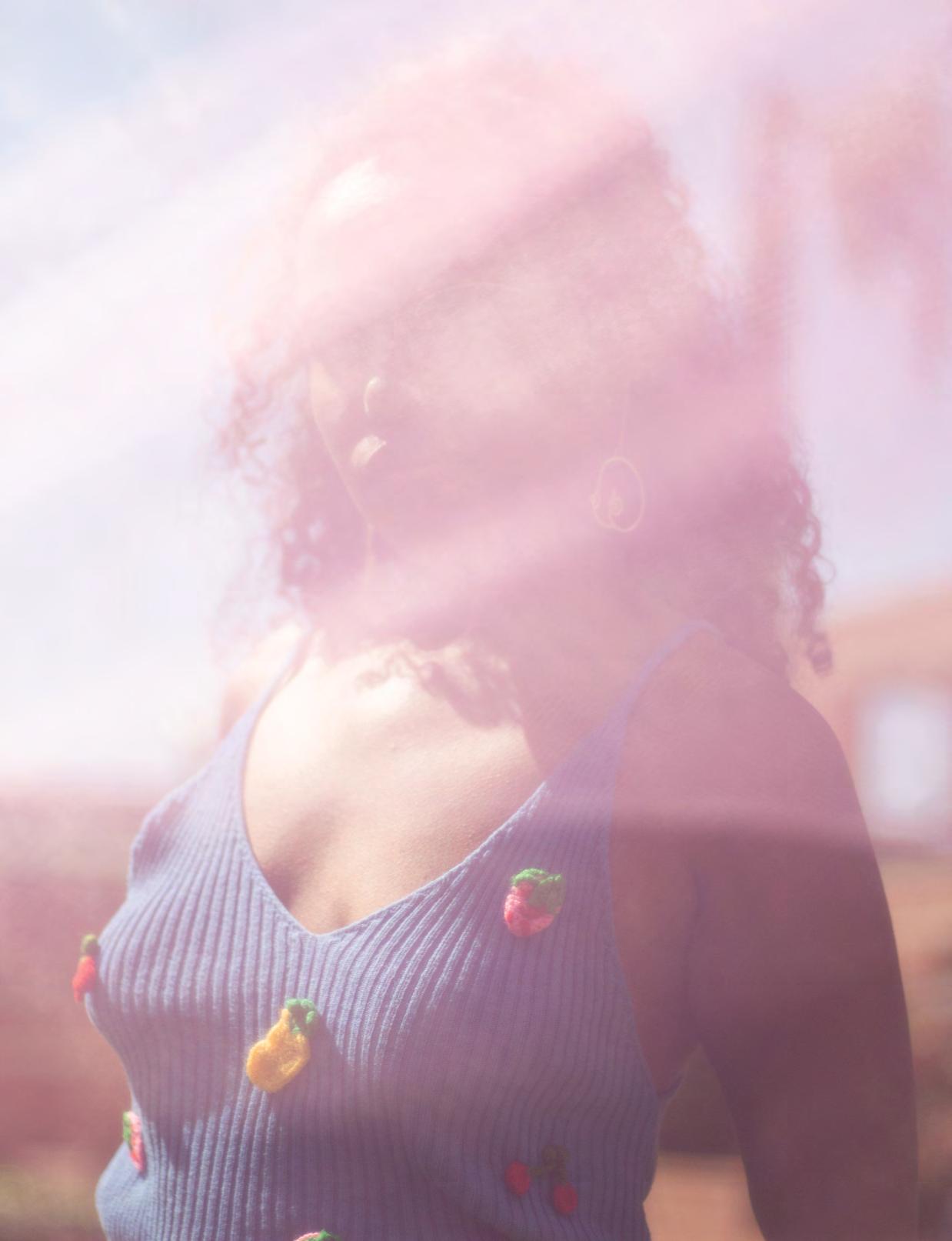
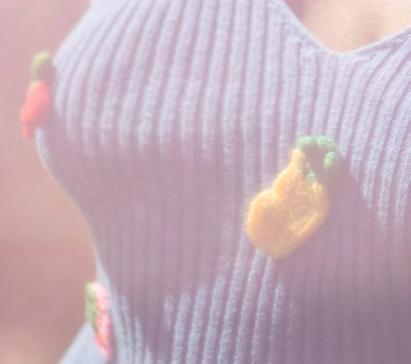
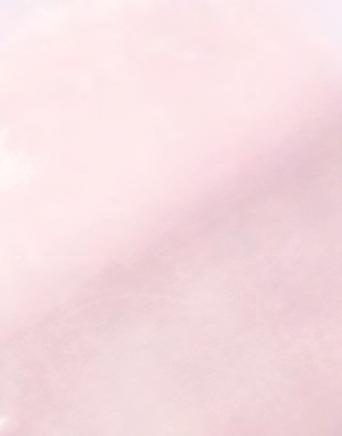
In high school, I identifi ed as straight, if anyone asked. However, I found a safe space being an ally to the queer community. During this time, my relationship with my faith was feeble. I was aware that the Quran didn’t bear any hadiths that validated my sexuality, so my natural inclination was to separate myself from the religion – but I didn’t want to.
No one ever said a word, but everyone knew that my brother Adam was gay. Before my dad caught him and his boyfriend together, it was pretty obvious. Adam dressed as feminine as he could without attracting too much attention, and word travels fast in the Somali community.
Then, my sister Sandra started to dress more masculine, and it was clear she was already on the other side of the rainbow. My parents knew that Adam and Sandra were queer, but they never referred to them as such for fear that it would confi rm their suspicions. Their silence regarding the subject found a seat at the dinner table every night, and fomented my cycle of self-hatred and confusion.

Adulthood
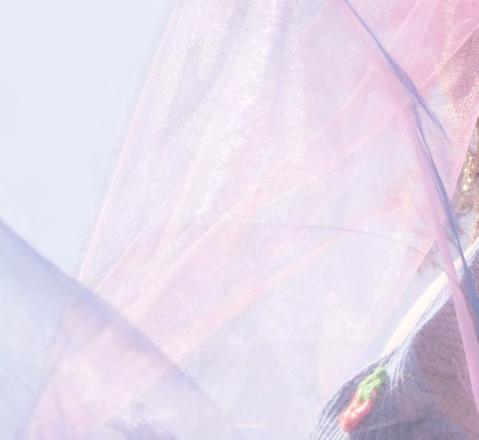
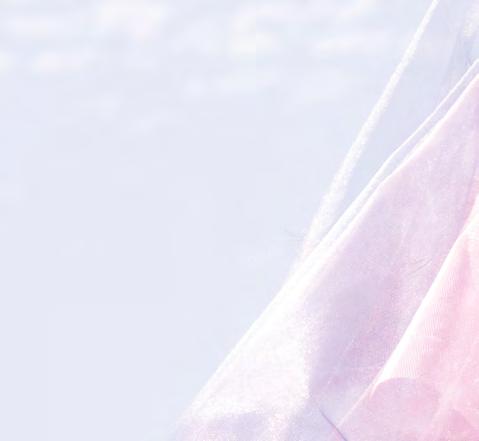
At 21 years old, I accepted the fact that I was bisexual.
Labeling myself was never the problem. It was more important that I now accepted that part of myself. I entered my fi rst ever relationship with a woman who fully assumed her bisexual identity. I was hesitant to make our relationship exclusive because I knew it wasn’t “endgame,” meaning I wouldn’t be able to genuinely share her with my family because I was closeted.
Being in that relationship made me realize that I could no longer separate those parts of myself. Though I was in a relationship, happy, and at a place where I accepted my bisexuality, I wasn’t open to the people in my life. This put a wrench in our relationship, and it was eventually one of the reasons it ended.
Grief manifested itself in many di erent ways. My anger toward my ex and our circumstances suddenly turned into indignation toward Allah. I was convinced the pain I was feeling wasn’t because my ex dumped me and moved on, but that Allah was punishing me for being with her.
If sexuality isn’t a choice, why did Allah create millions of people who are “wrong” in their attraction? How could Allah tell me that my attraction to women is normal but that I cannot act upon it? How can this kind of love be a sin?
These were all questions I never wanted to ask, and in hindsight, I realize it was because I was unable to assume more than one identity at once.
Sexuality isn’t a choice — Allah cultivated me and my quality to love and accept people regardless of gender. To deny my existence and my identity means to deny Allah and his creations.
Today, at 22 years old, I accept both identities as one. I’m still trying to fi gure out how to escape the proverbial closet, and tell the ones I love — but I’ll tell readers for now. I am proud to be bisexual and Muslim because of Islam, and I found solace in being both.
Allah loves me for who I am, and judges me by my conduct and the kind of person I am. My sexuality is who I am. It is not an action. I now know that Allah accepts all of my identities.

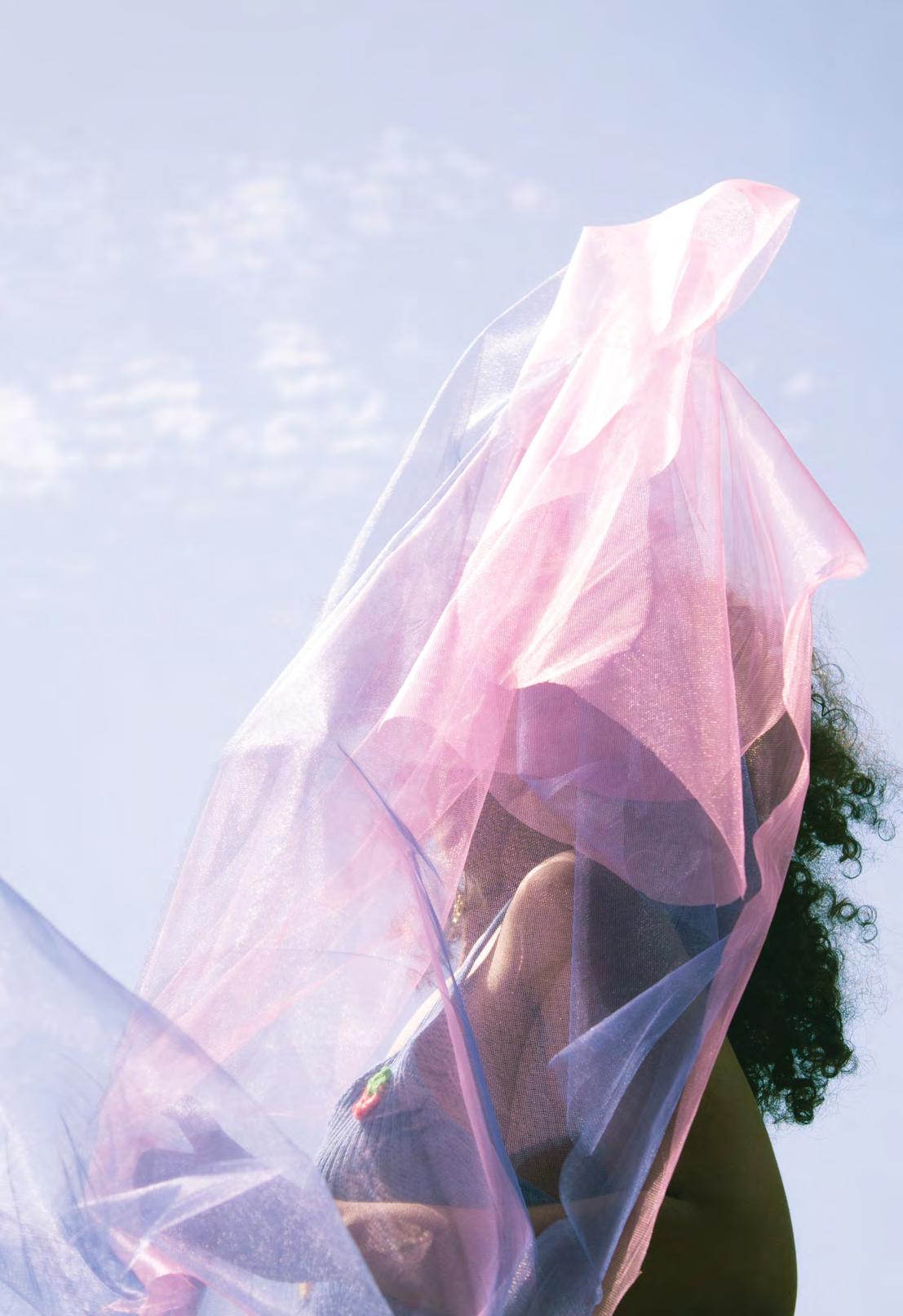
TU SK SK











